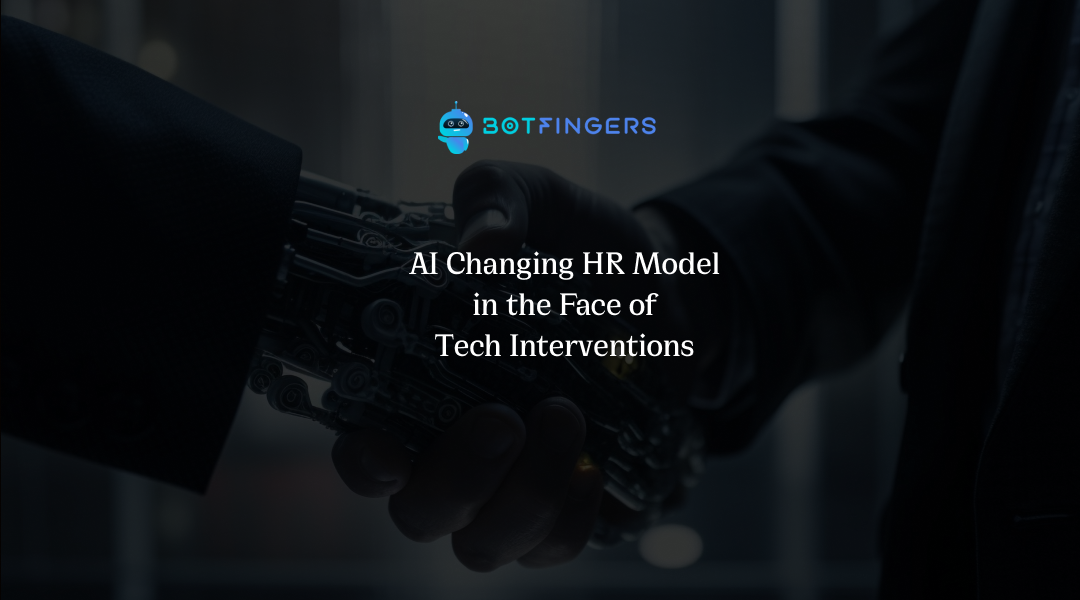Artificial Intelligence (AI) has inflicted a revolutionary and drastic upheaval in a variety of sectors, and the field of human resources is not immune to its enticing and overpowering attractions. The introduction of technology has resulted in a seismic upheaval in the HR paradigm. HR professionals may use the cutting-edge capabilities of data analytics, machine learning, and natural language processing to optimize their processes and achieve superior results by using the power of AI. This blog article will elaborate on the exciting ways in which AI is revolutionizing the HR environment in the middle of a flood of technology initiatives.
Recruitment and Onboarding
The amassing and assimilation of personnel has been a convoluted and monetarily vexing responsibility for the human resources domain. The utilization of artificial intelligence (AI) can efficaciously streamline the recruitment process by scrutinizing a vast number of applications and isolating qualified candidates. AI-powered recruitment software can assess resumes, dissect skills and expertise, and correspond them with job prerequisites. This has the potential to significantly minimize the time and expenses associated with talent acquisition.
Additionally, AI can enhance the onboarding experience of new hires by rendering them personalized training and resources. AI-assisted chatbots can dispense information, counsel new hires, and simulate actual work scenarios. This can imbue fresh personnel with a sense of confidence and ease in their newly assigned duties.
Employee Engagement and Retention
Verily, employee engagement and retention be of utmost import for the triumph of whatsoever organization. Artificial Intelligence (AI) can aid in ameliorating employee engagement by providing individualized experiences. AI-infused tools can scrutinize employee data to comprehend their predilections and comportment. This can assist HR professionals to formulate individualized schemes that satisfy the exigencies of unique employees.
Moreover, AI can also aid in detecting employees who are in jeopardy of abandoning the organization. By scrutinizing data such as performance, deportment, and communication patterns, AI can assist HR professionals to identify the constituents that contribute to employee attrition. This can facilitate them to take preemptive measures to enhance employee retention.
Performance Management
Perplexed and bewitched by the possibilities, we ponder on how to manage performance more exquisitely with the help of AI. An alluring prospect, indeed! These AI-powered tools are capable of meticulously analyzing various facets of an employee’s work-life, ranging from their performance metrics, feedback, to their communication patterns. These data-driven insights can provide an unprejudiced assessment of an employee’s performance, enabling HR professionals to pinpoint the areas that need improvement, and subsequently offer targeted training and resources.
Additionally, AI can discern high-performing employees and proffer them with enticing growth opportunities. By scrutinizing diverse data sources, such as performance metrics and communication patterns, these wondrous AI systems can aid HR professionals in identifying employees with untapped potential. This, in turn, can assist organizations in retaining their top talent, thus cementing their long-term prosperity. Oh, the wondrous feats of AI!
Compliance and Risk Management
Compliance and risk management are critical functions of HR. AI can help in ensuring compliance with regulations and mitigating risks by analyzing data and identifying potential areas of non-compliance. AI-powered tools can help HR professionals to identify patterns of non-compliance and take corrective measures to address them.
Moreover, AI can help in identifying potential risks in the workplace. By analyzing data such as employee behavior, communication patterns, and performance metrics, AI can help HR professionals to identify potential risks such as harassment, discrimination, and unethical behavior. This can help organizations to take proactive measures to mitigate risks and ensure a safe and inclusive workplace.
Conclusion
Behold, artificial intelligence (AI) is instigating a metamorphosis in the human resources (HR) model by equipping HR professionals with potent tools to streamline their processes and arrive at judicious decisions. From recruitment and onboarding to performance management and compliance, AI is facilitating organizations to ameliorate their HR functions and ensure long-term triumph. Notwithstanding, it is imperative to take cognizance of the fact that AI is not an elixir and ought to be employed alongside human dexterity and sagacity. HR professionals should endeavor to strike a balance between technology and human intervention to guarantee that AI is employed ethically and responsibly.

